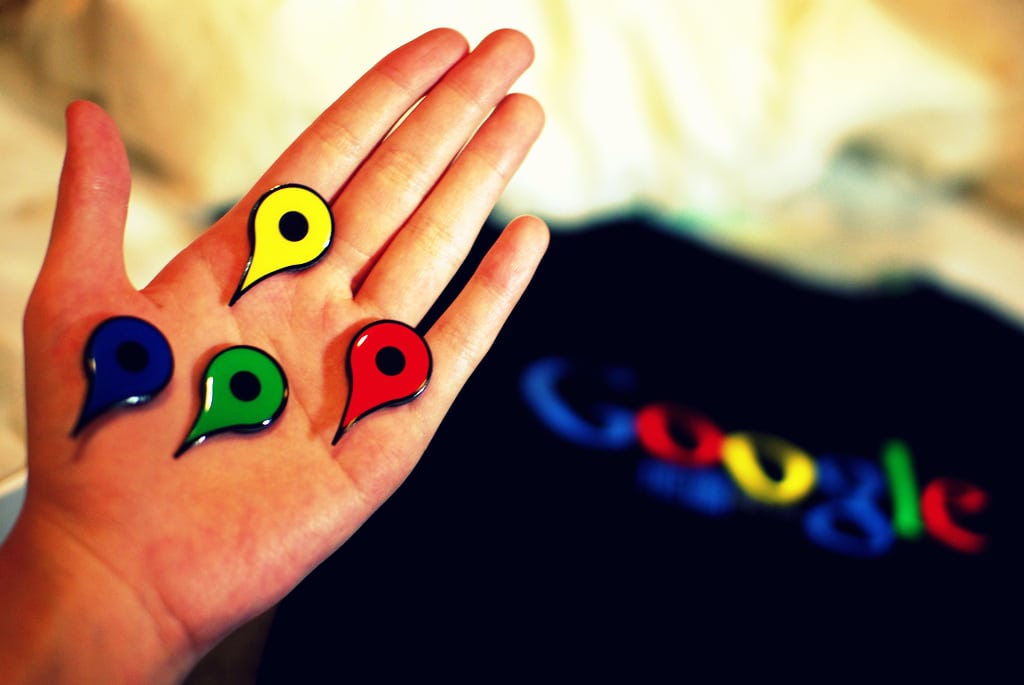Google Maps has forever changed the way we travel, but has it ruined it?

Skift Take
Digital and especially mobile maps have made us heavily dependent on them, but it doesn't have to be all negative: besides navigation, maps give us a sense of place, and then it is up to us where we go from there.
Are you planning a holiday to North Korea? Probably not. But if you are, your job will be a lot easier now that Google Maps covers the place. You could, if you like, use it to navigate your way from Yongbyon nuclear site, along Nuclear Test Road (as it is, apparently, called) and to Camp 22, one of the many scenic prison-labour camps along the country’s border with China. What’s more, you can do it all on beautifully rendered satellite photos of the area. Of course, you’d struggle with mobile internet connectivity, but even that, nowadays, needn’t be a problem – you can download the maps before you go. Frankly, it is surprising that the Pyongyang Office of Tourism doesn’t make more of the facility.
“Our goal is to put together a sort of digital mirror of the world,” says Dan Sieberg, a Google exec and self-described “evangelist” for the Google Maps revolution. (Religious imagery comes naturally to Googlers: one of Sieberg’s colleagues describes him as a “guru”. The whole company has a slight hippy-cult feel to it; the Telegraph can report that there are few more awkward feelings in life than turning up at the Google office, surrounded by people in three-quarter-length trousers and novelty slippers, while wearing a suit and tie. It feels like your cufflinks are burning your skin.) Anyway, the construction of Google’s “digital mirror” was never going to be stopped by a few pesky details, such as an unending 60-year war between North and South Korea, or the existence in one of those countries of a brutally repressive communist police state.
Google Maps is now so ubiquitous, such a vital part of so many of our lives, that it feels odd to think it didn’t exist until 2005. Of all of the search giant’s many tentacles reaching octopus-like into every area of our existence, Maps, together with its partner Google Earth and their various offspring, can probably claim to be the one that has changed our day-to-day life the most.
“I think that mapping is one of those things that we perhaps couldn’t live without,” says Sieberg. “It’s become such an essential part of understanding a new city, or getting to a meeting quickly, or planning a vacation.” Any of us who, now, sets off to meet someone with only the vaguest idea of where we’re going, confident in the ability
